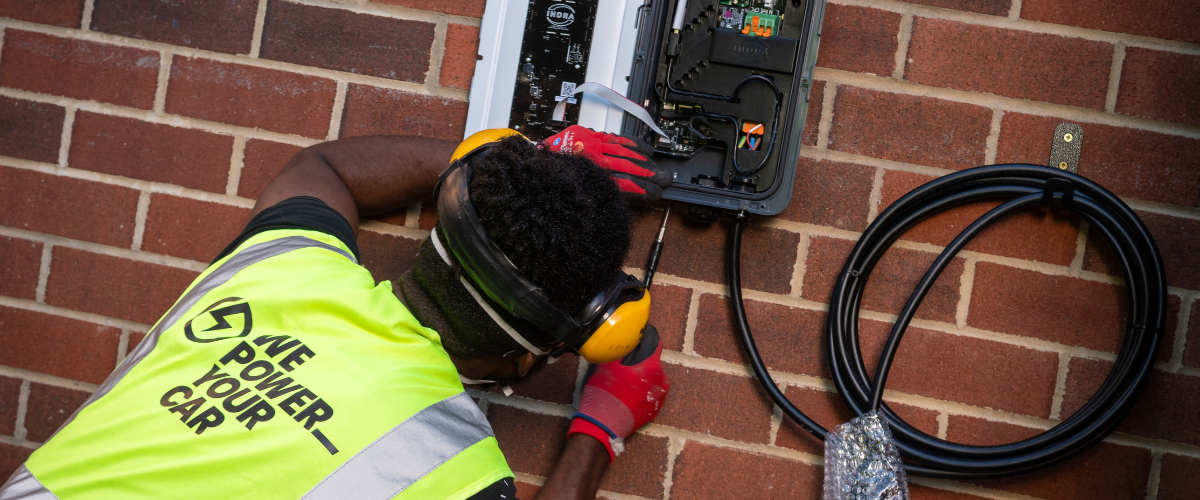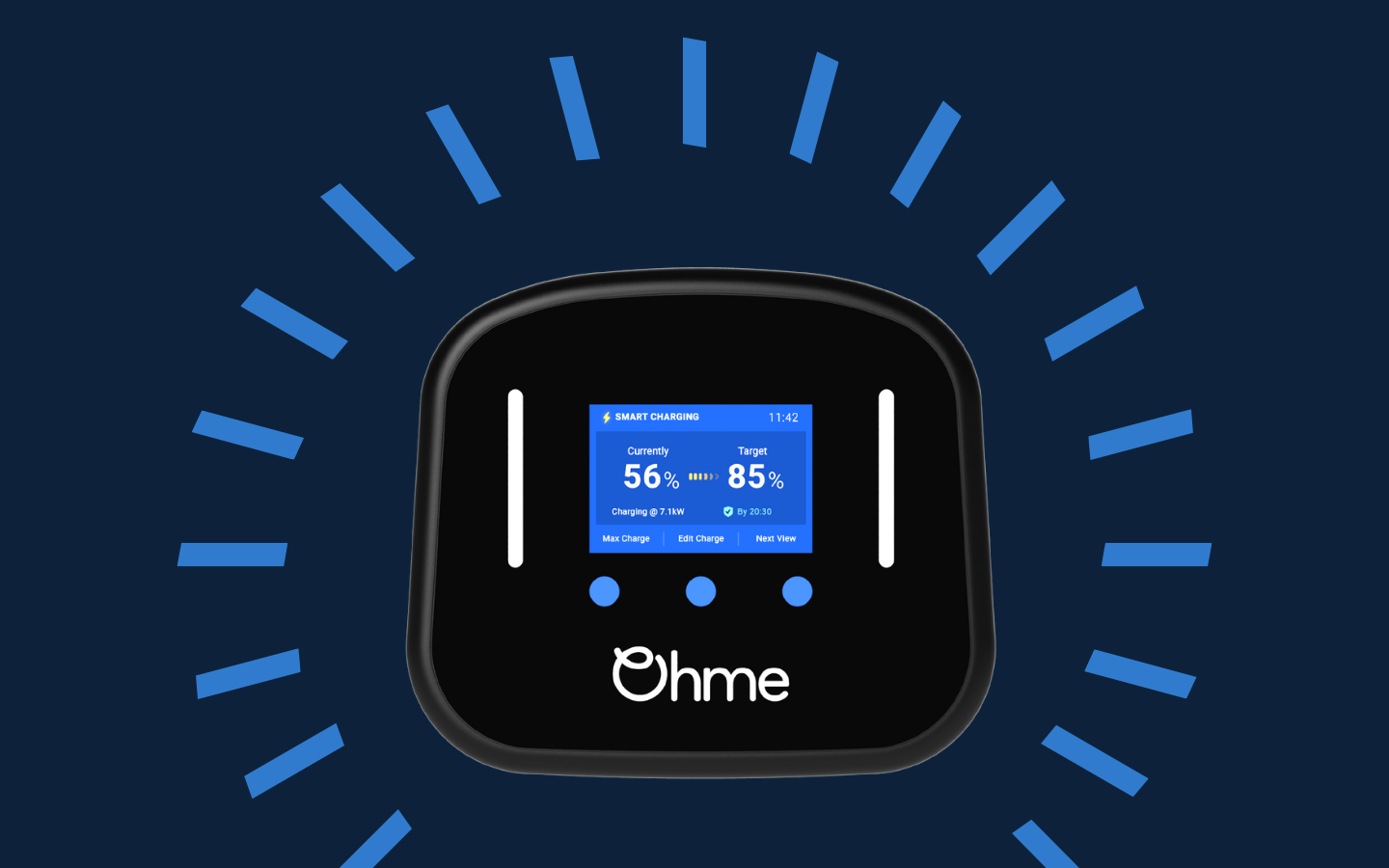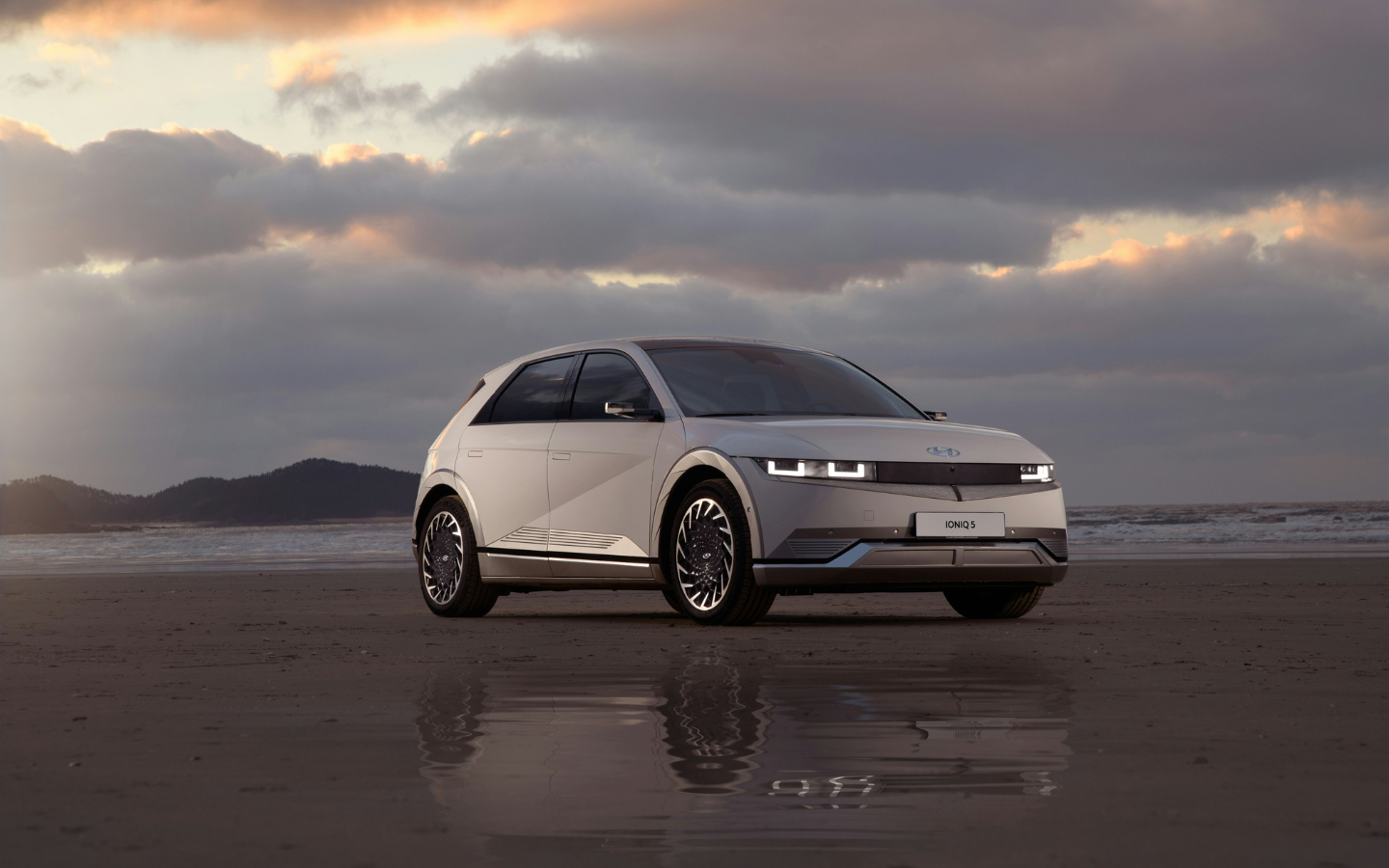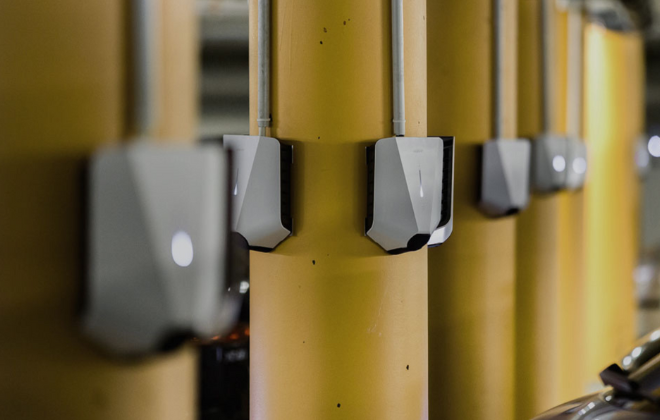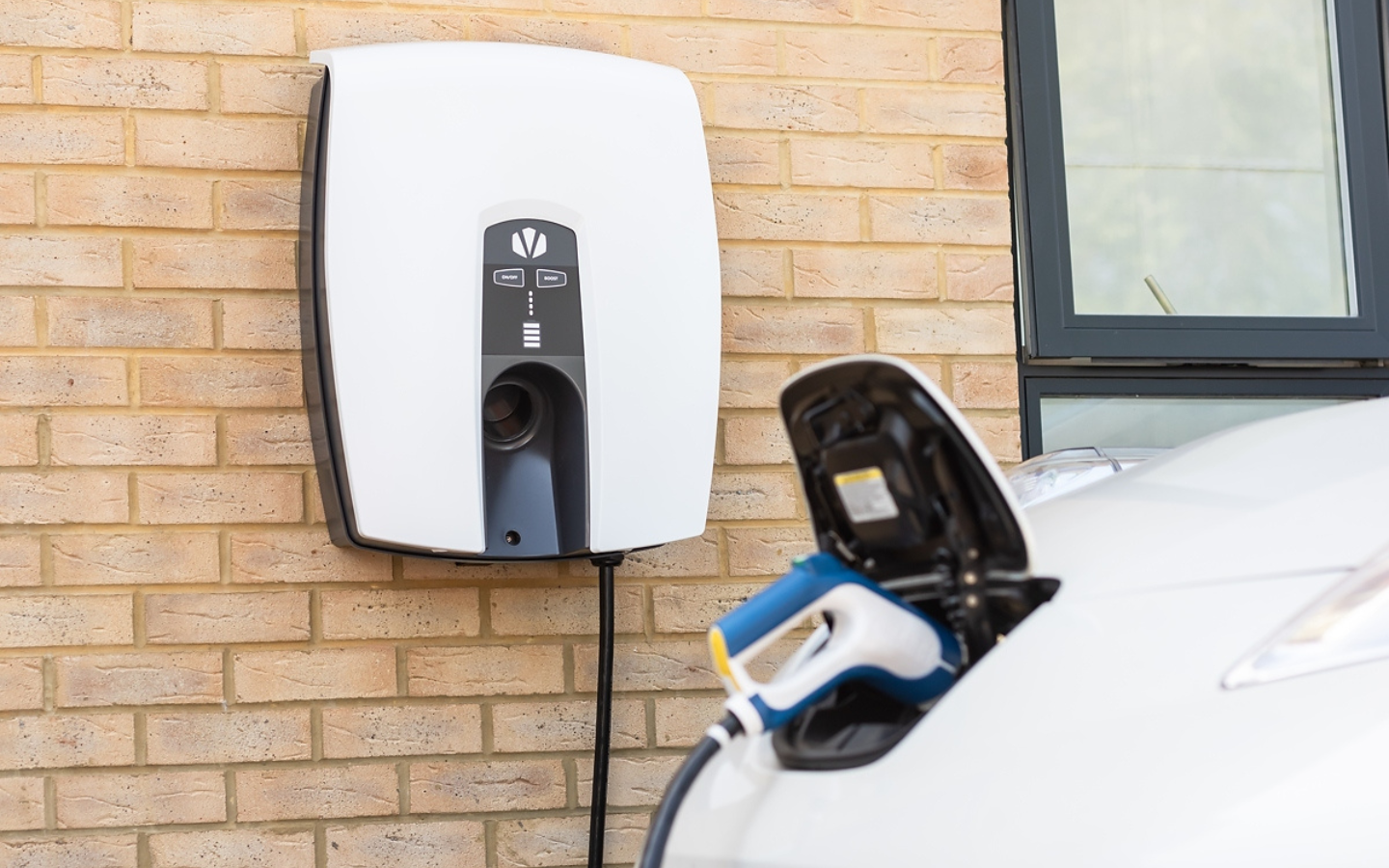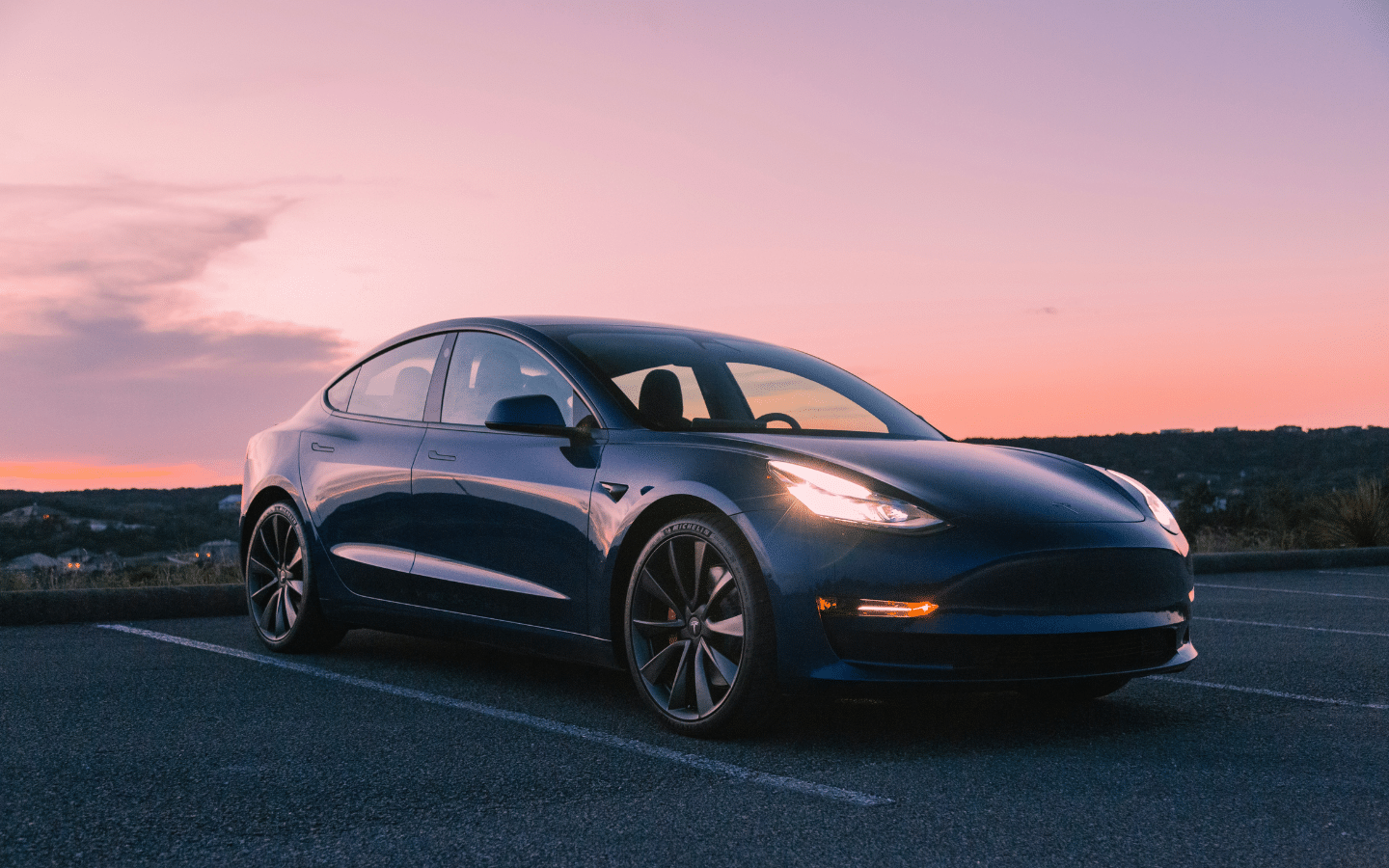

Pay Per Mile Car Tax UK: The Long and Short of It
Benjamin Franklin famously quipped, “In this world nothing can be said to be certain except death and taxes”, and it is as true now as it was in 1789.
But what happens when the thing that’s being taxed, in this case petrol and diesel, is being phased out, and the new technology that’s replacing them doesn’t have a similar alternative to tax?
This is a considerable and growing headache for the UK Government. Fuel duty is charged at over 50p per litre and, according to the Office for Budgetary Responsibility, is projected to earn the exchequer £24.4 billion in 2025-26. They also charge 20% VAT on top.
Although fuel duty was originally earmarked exclusively for road improvements, it has long been absorbed into the general tax revenue of the country, which means it is used to fund essential services like the NHS and education.
The difference to what the Government earns in tax from charging an electric vehicle is stark – currently, they only earn the 20% VAT on public charging and 5% VAT on charging at home.
With a growing number of people driving electric cars and over 90% saying they would never go back to fossil-fuelled vehicles, plus the ban on the sale of new internal combustion vehicles drawing ever closer, the tax take could plummet, leaving the government with a considerable hole in the public finances.
What’s the alternative?
One alternative that’s been suggested is to tax electric vehicles per mile they drive, classified as a pay per mile system. One think tank suggested a 6p per mile plus VAT would offset the decline in fuel duty.
At first glance, that seems sensible as high mileage drivers who use the road network a lot more would pay much more than low mileage drivers. There have also been calls for this fundamental change in the way we tax motoring to be used to reform the whole system by combining other road charges, such as Vehicle Excise Duty (VED) or even Congestion Charges, into a simplified pay-as-you-use system.
But there are drawbacks to the seemingly simple method of pay per mile road tax.
Potential issues with a pay-per-mile car tax
Critics point out the fact that some road users would be unfairly penalised by the proposed pay-per-mile tax system.
Depending on the vehicle type and the nature of the ride, pay per mile tax might not be the best recommendation.
Taxi/ride-hail drivers
High-mile drivers such as taxi, ride-hail hail and minicab drivers would face a greater burden with the car tax pay per mile method. They would likely be left with no option but to increase fares, or these services would no longer be viable. This raises the possibility that fares become unaffordable for the public.
Delivery drivers
Since the COVID pandemic, we’ve seen an explosion in delivery services, from parcel services delivering the latest eCommerce order to supermarket food shops, and of course, services like Deliveroo or Uber Eats.
If the drivers are employed by a fleet operator, they will face a higher tax burden, but many of these drivers are self-employed ‘gig workers’, and this may make the services too costly to provide without price increases for consumers.
EV drivers based in rural areas
Another group that would be disproportionately affected by a pay per mile scheme are rural drivers. If you must drive many miles to amenities such as supermarkets or hospitals, you are likely to be paying more than you were before.
Complex solutions
The solution proposed is to have a series of discounts and exemptions. Who is eligible and for how much based on what criteria is all yet to be detailed.
The issue with this is that it adds another layer of complexity, returning us to the maze that the new road tax regime was designed to eradicate.
It also brings us neatly to perhaps the biggest objection: how is a system like this to be implemented and administered?
Would pay-per-mile charging mean costly technology upgrades?
There are several approaches that could be used to monitor the mileage of vehicles, but they all come with certain inherent concerns.
Mileage figures from MOTs
The most obvious and easiest to implement is to simply use the mileage number collected when a vehicle has its annual MOT. The difference between this year and last is the annual mileage you are liable for. But this would mean people could face bills of hundreds or even thousands of pounds in one go, rather than being spread across a whole year of refuelling.
Plus, new vehicles do not currently require an MOT until their third year.
GPS tracking devices
Another popular proposed solution is to use a GPS enabled tracking device. Devices known as telematics have long been used by fleet operators to monitor and improve the performance and efficiency of their drivers. In recent times similar technology has been required by insurance companies for certain groups of drivers for example young people.
Automatic Number Plate Recognition cameras
Similar issues surround another alternative, the use of the well-established camera technology that is employed in car parks, ANPR or Automatic Number Plate Recognition cameras. Aside from the privacy issues of constant surveillance, upgrading the entire road network, including in residential and rural areas, would be very costly and take time.
A re-imagining of taxes for drivers
A UK-based non-profit organisation called New AutoMotive has made a counterproposal that reinvents the way that vehicles have been taxed to date. They are calling for an efficiency-based vehicle excise duty (VED) system. The new VED would apply the same rules to all powertrains and ages of vehicles equally.
Meaning that older or less efficient vehicles, such as diesels, would pay more than cleaner, more efficient ones. Newer petrol and obviously electric vehicles would pay less.
The idea of the polluter pays is a popular proposal across environmental circles, but critics point to the fact that many older vehicles are driven by people with lower incomes, and this proposal could make driving more expensive for them.
New AutoMotive developed this idea and others in their 2024 report: Vehicle Taxation: The Next 25 Years.
Is a pay-per-mile road tax likely?
The Labour Government has been consistent in its support for the electrification of ground transport, which has been welcomed by consumers and the industry after the uncertainty caused by the previous administration.
To end speculation about Labour’s pay per mile road tax introductions, a government spokesperson recently said, “We have no plans to introduce road pricing. We are committed to supporting our automotive sector as we transition to electric vehicles in order to meet our legally binding climate targets.”
Whilst electric drivers remain a growing minority which the Government wish to support, there is clearly no desire to reform the vehicle taxation system and cause any disruption. Also, the options currently offered to make the idea of a pay-per-mile tax possible have drawbacks of their own.
But given the more EVs on UK roads, the greater the fall in revenue from fuel duty, it is clear that some changes to the way we have taxed vehicles in the past will need to be devised in the coming years, to avoid a black hole in public spending.
Save on EV charging costs with an electric car charger.
Get your EV charger and installation completed by the experts. No stress, no fuss. Being nationwide EV charger installers means you don’t have to move – we can install EV chargers wherever you are. We’re your one-stop EV charger shop – our comprehensive EV charging solutions include supply of the EV charger, installation, DNO notification, grant paperwork and more.
Contact us, browse our range of smart electric car chargers or get your free charger and installation quote below.
